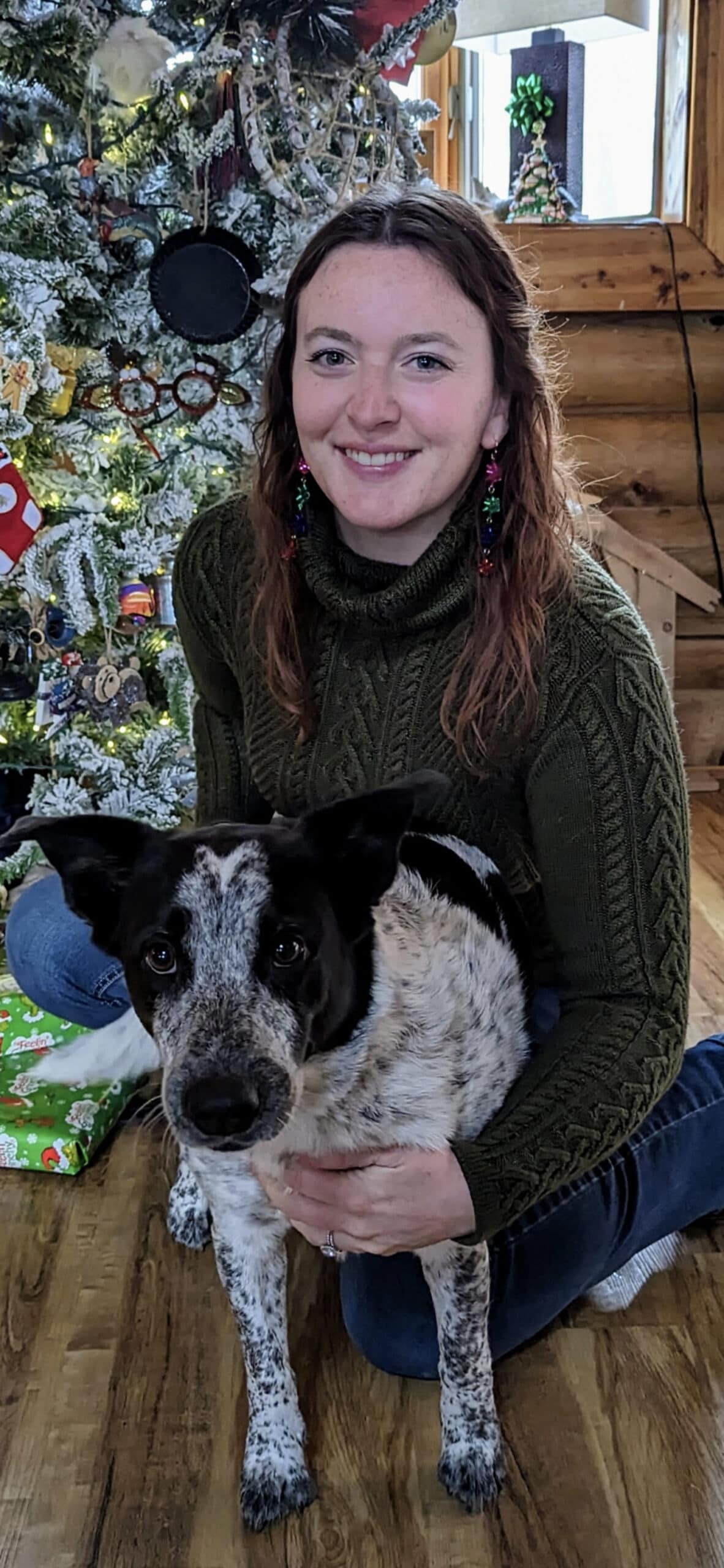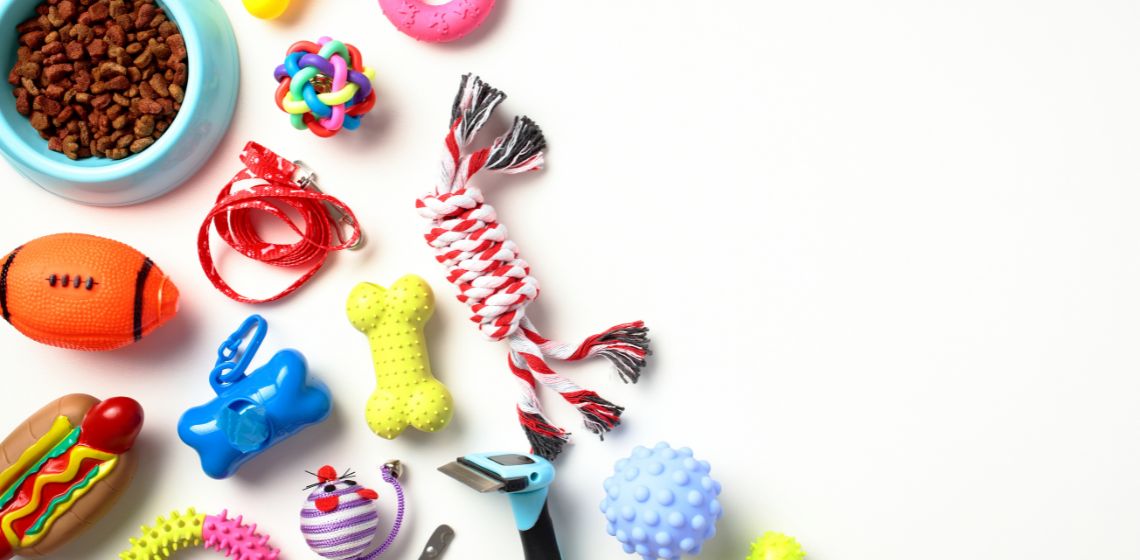Table of Contents
Essential Items for New Puppy Owners
Food and Water Bowls
The first thing you’ll need for your new puppy is a set of sturdy, easy-to-clean food and water bowls. Opt for stainless steel or ceramic bowls that are resistant to chewing and can be sanitized easily.
High-Quality Puppy Food
Puppies have specific dietary needs to support their growth and development. Consult your veterinarian for recommendations on the best puppy food for your specific breed. High-quality puppy food contains essential nutrients and helps prevent health issues down the road. Look for brands that have veterinary nutritionists on staff.
Collar and Leash
A collar with an identification tag and a leash are crucial for your puppy’s safety. Make sure the collar is properly fitted to prevent your puppy from slipping out. An ID tag should include your contact information in case your puppy gets lost.
Crate or Dog Bed
Providing your puppy with a comfortable place to sleep and relax is essential. A crate can serve as a secure space for your puppy and aid in house training. Alternatively, you can opt for a soft, washable dog bed.
Toys
Puppies are full of energy and need mental and physical stimulation. Invest in a variety of safe, age-appropriate toys to keep them engaged and entertained. Chew toys, puzzle toys, and interactive toys can help keep your puppy occupied.
Grooming Supplies
Depending on your puppy’s breed, grooming needs can vary. However, basic grooming supplies like a brush, nail clippers, and shampoo are essential for maintaining your puppy’s coat and overall hygiene.
Potty Training Supplies
If you’re bringing home a young puppy, be prepared for potty training. Puppy pads, enzymatic cleaners for accidents, and a designated outdoor potty area are essential for this phase.
Poop Bags
Responsible pet ownership means cleaning up after your puppy when you take them for walks. Keep a supply of poop bags on hand to ensure you can pick up after your puppy and dispose of waste properly.
Training Treats
Training treats are essential for teaching your puppy basic commands and good behavior. Look for small, tasty treats that your puppy loves, but be mindful not to overfeed.
First Aid Kit
Accidents can happen, so having a basic pet first aid kit on hand is wise. Include items like bandages, antiseptic wipes, and a pet thermometer. Consult your vet for specific recommendations.
Pet Insurance
While not a tangible item, pet insurance is a valuable investment. It can help cover unexpected medical expenses, ensuring your puppy receives the best possible care, while also giving you peace of mind.
Puppy Training Classes
Enrolling in puppy training classes is essential for both you and your puppy. These classes teach obedience and socialization skills, making your puppy a well-behaved and happy member of your family.
Veterinary Care
Regular veterinary check-ups and vaccinations are non-negotiable. Schedule your puppy’s first vet visit as soon as possible after bringing them home and follow your vet’s recommended schedule for vaccinations and preventative care.
Flea and Tick Prevention
Depending on your location, fleas and ticks can pose a significant threat to your puppy’s health. Consult your vet for appropriate preventative measures.
Heartworm Prevention
Heartworm disease is a potentially fatal condition transmitted by mosquitoes. Monthly heartworm prevention medication is crucial to protect your puppy.
Microchipping
Microchipping your puppy is a reliable way to ensure they can be identified if they ever get lost. Keep your contact information up to date with the microchip registry.
Products You Can Skip
Now that we’ve covered the essential items for new puppy owners, let’s take a look at some products that you can skip, either because they are unnecessary or can be replaced with more practical alternatives.
Designer Dog Clothes
While dressing your puppy in adorable outfits can be fun occasionally, most dogs don’t need a wardrobe full of designer clothes. In many cases, these items can be uncomfortable for your pet and are often more for the owner’s enjoyment than the dog’s.
Overly Fancy Dog Beds
While a comfortable dog bed is essential, you don’t need an extravagant, expensive bed with all the bells and whistles. Many dogs are content with a simple, well-padded bed.
Trendy Pet Accessories
There’s a plethora of trendy pet accessories on the market, from bowties to sunglasses. While these can be cute for special occasions, they’re not essential for your puppy’s everyday life.
Single-Use Cleaning Products
Instead of single-use cleaning wipes or sprays marketed for pet messes, opt for multi-purpose household cleaners. They are more cost-effective and eco-friendly.
Gourmet Dog Treats
While high-quality treats are important for training, you don’t need to splurge on gourmet options. Many affordable, healthy treats are just as effective.
Automatic Ball Launchers
While automatic ball launchers can be fun for your dog, they’re not a necessity. You can play fetch with your puppy using a simple ball or toy, saving money and space.
Pet Strollers
Unless you have a small, elderly, or disabled dog that can’t walk for extended periods, pet strollers are usually unnecessary. Dogs benefit from exercise and outdoor exploration.
Automatic Feeders
While automatic feeders can be convenient for some pet owners, they are not essential for most. They can sometimes malfunction or overfeed, leading to health issues.
Bringing a new puppy into your home is a rewarding experience that comes with responsibilities. Ensuring you have the essential items such as food and water bowls, quality puppy food, grooming supplies, and training tools is crucial for your puppy’s well-being and development. On the other hand, many trendy or unnecessary pet products can be skipped to save both your wallet and storage space. Remember that your puppy’s happiness and well-being depend more on your love and attention than on material possessions. By focusing on their basic needs and proper care, you’ll create a loving and healthy environment for your new furry family member.

Emily is a veterinary technician with over 6 years of experience in the field. She knew since she was a child that she was meant to work with animals. She started her career working in veterinary ophthalmology and has since worked her way to general practice. Emily now works as a surgical technician working in the operating room. When not at work, Emily spends her time with her husband and her small zoo of 3 dogs, 4 cats, 5 ducks, and 5 chickens.








